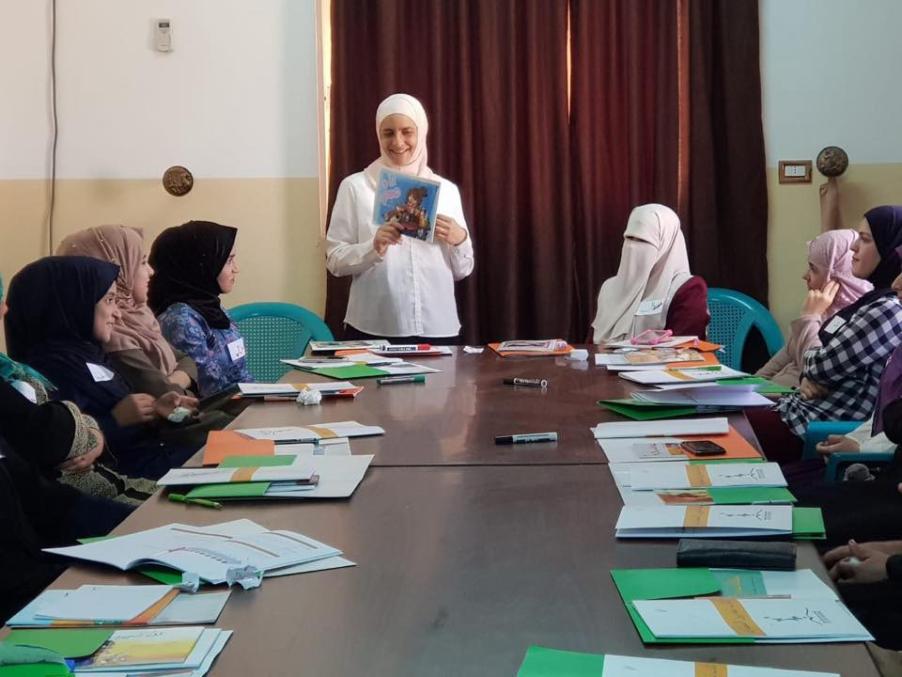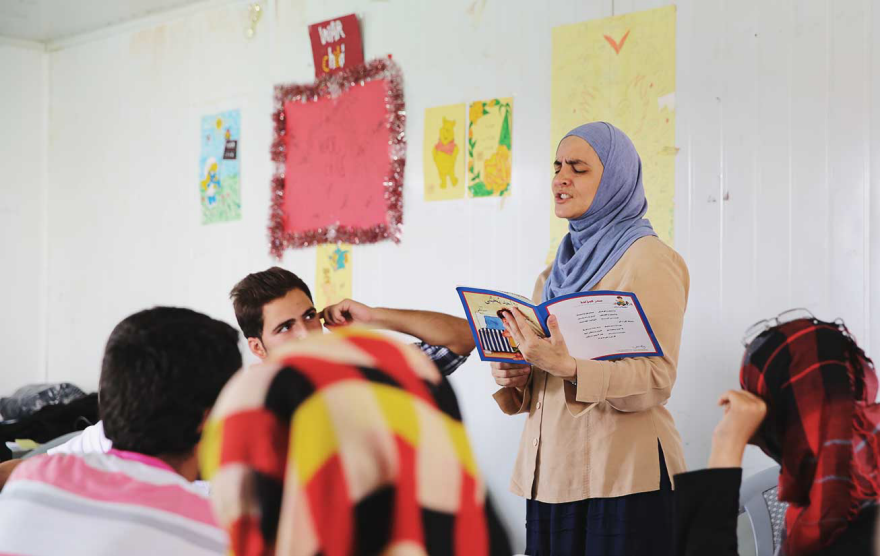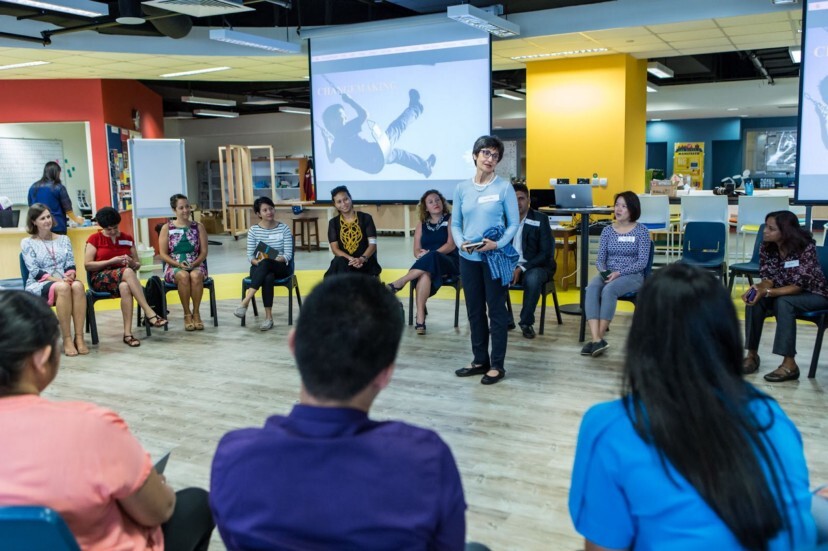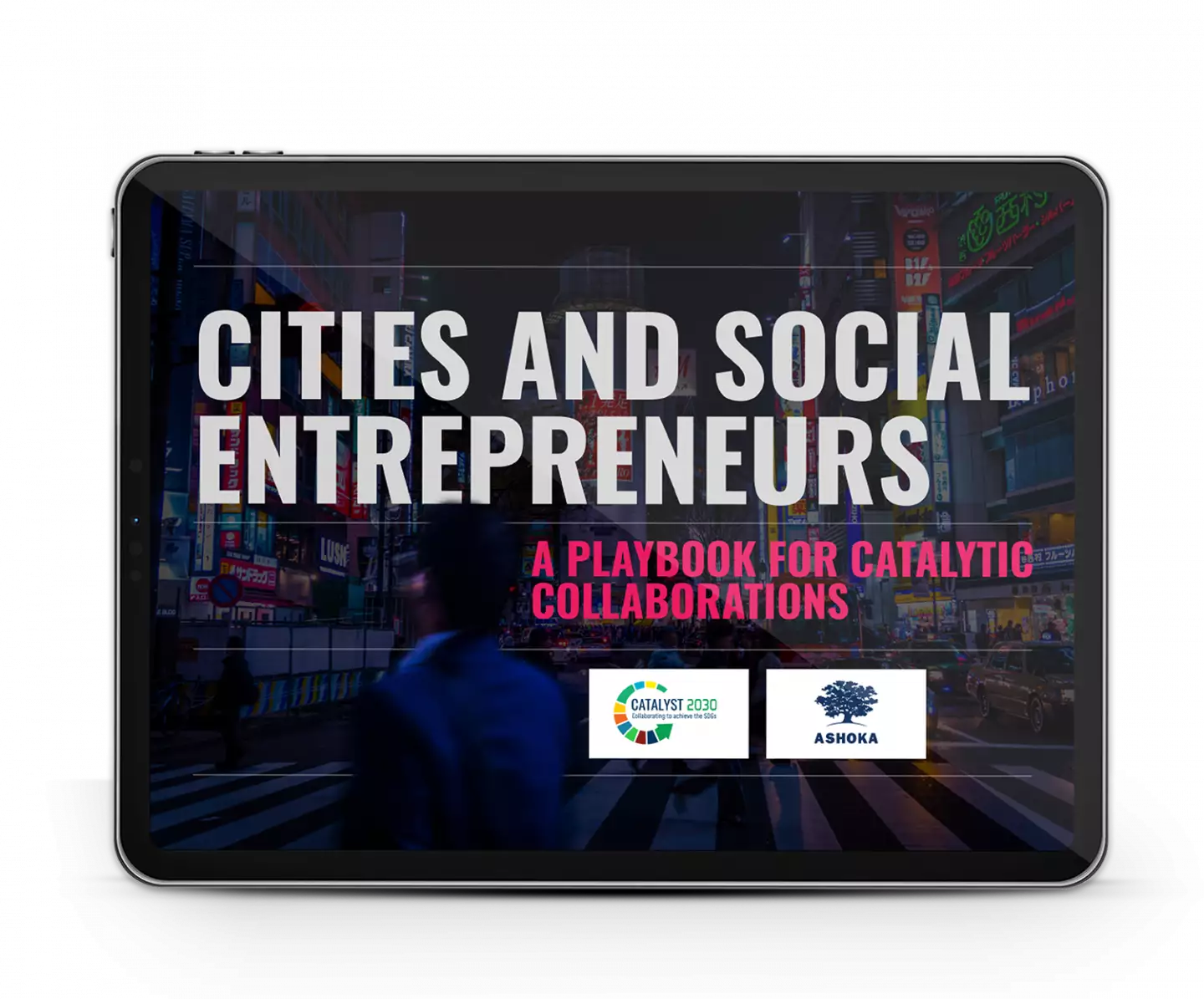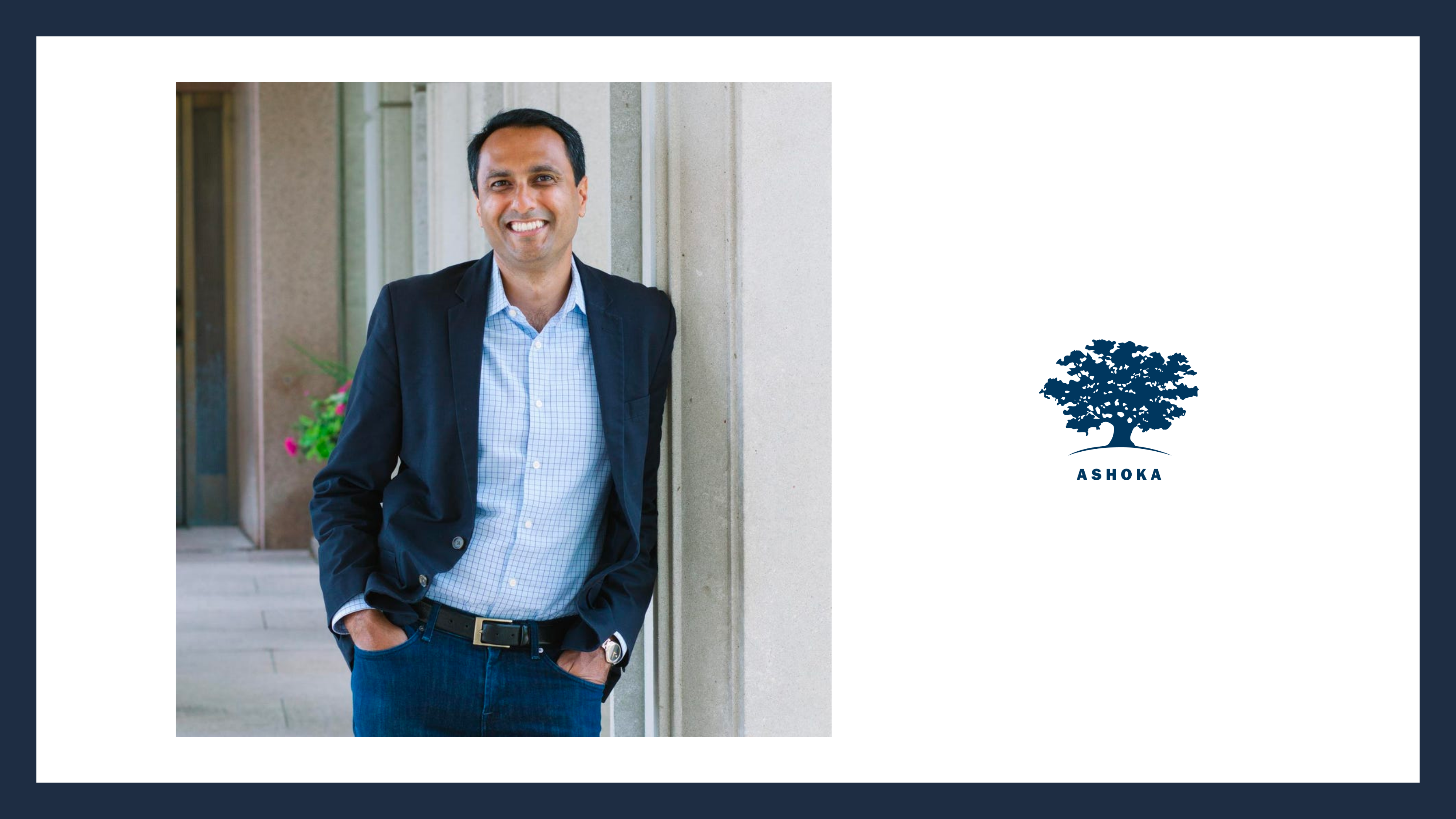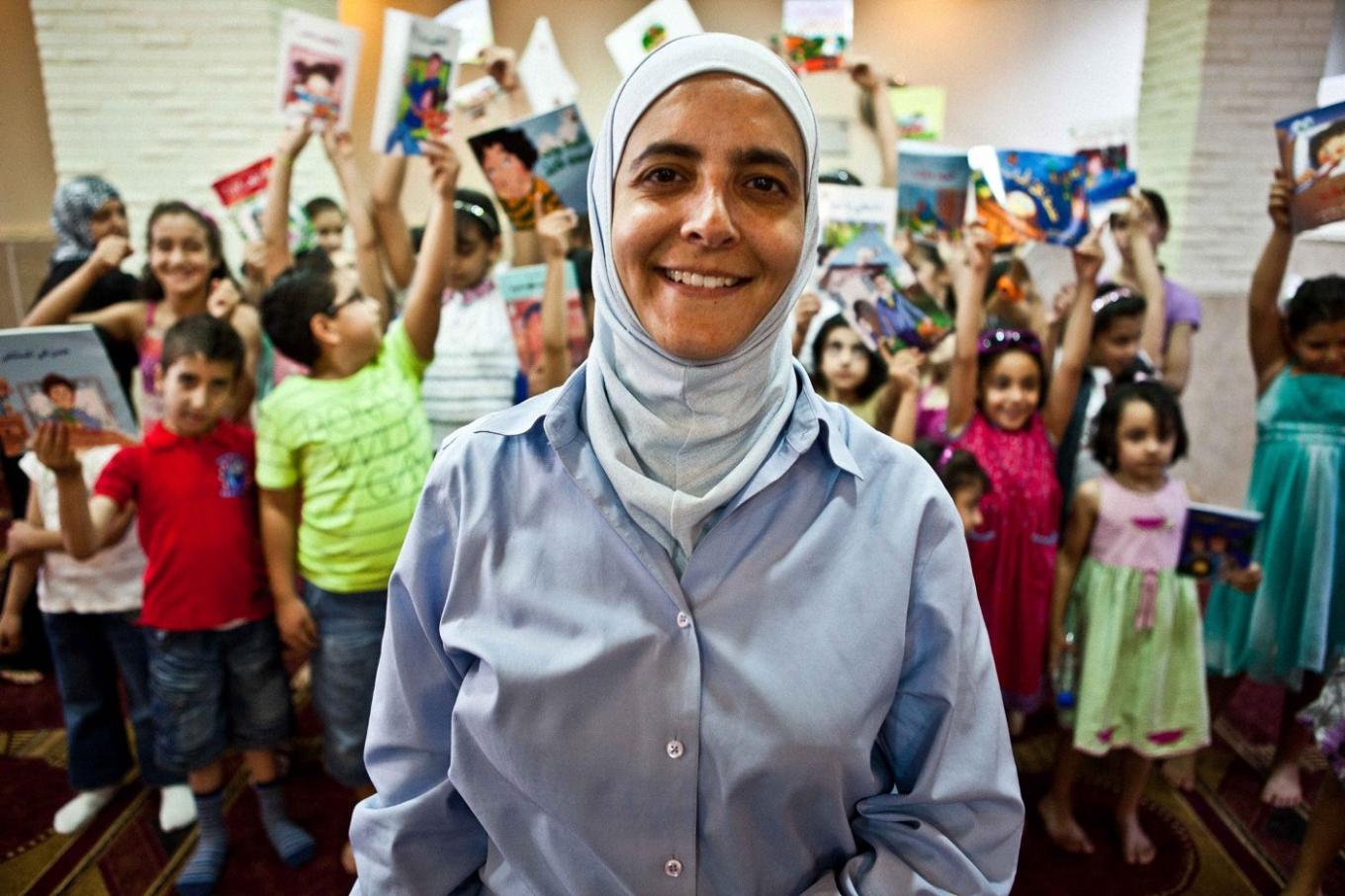
By Ioanna Moriatis
Finding answers for the world’s most pressing problems starts with knowing where to look. Within the world of social innovation, biased vision has led Global North-based strategies to dominate. These biases are rooted in historical and colonialist power dynamics and the Global North’s overrepresentation within the philanthropic, INGO, and international governance sectors.
Yet women social entrepreneurs from the Global South consistently demonstrate the power of alternative social impact strategies inspired by and put into practice within Global South contexts. These models work to change the mindsets and behaviors in communities and further equip people to spread the change across their own circles of influence.
At Ashoka’s WISE Up series, a 3-day online event that drew attention to the transformative work of women entrepreneurs across the world, we sourced some of these strategies from women innovators working within the Global South. Here are our insights from the conversation:
Women are at the center
Women often hold powerful roles within their communities — as heads of households, community leaders, teachers, and rights advocates. As a result, they’re uniquely able to change mindsets and norms within their societies.
“You need to comprehend a woman as a whole, because she is the center of a wide ecosystem,” says Ashoka Fellow Mariana Baños, founder of Pro Ayuda a la Mujer in Mexico.
Mariana has built a model that expands access to psychological services for women of all socioeconomic backgrounds. Mariana’s model has directly reached over 70,000 women in Mexico, but the impact goes further. Leveraging relationships with the women they serve, Mariana’s organization is also sparking widespread changes in communities’ values and choices — leading to a drastic reduction in crime among youth.
“She is the one who educates [and provides] healthcare; maybe her parents live with her. She’s the one who takes [the children] to the doctor, so once she’s empowered … she can really work on all the ecosystems around her,” Mariana explained.
Creating with communities
Empowering community members to lead and sustain an initiative is key to its long-term success. This means that gaining support through trust-building is an essential for a successful social innovation project.
Through the initiative “We Love Reading,” Ashoka Fellow Rana Dajani encourages children across the Arab world to read for pleasure. Her initiative empowers individuals to take on leadership roles in their communities by opening local libraries and reading aloud.
“When children fall in love with reading, they become lifelong learners and therefore changemakers because through reading you learn about others, you become more empathetic, and you have more vocabulary to express yourself, so you’re better at communication,” explains Rana.
“This is how we need to change how aid and development is done. It’s not about giving services. It’s about motivating people for them to create their own solutions.”
This form of impact is harder to measure than mainstream Global North definitions of success, which prioritize statistics, like “number of beneficiaries reached” and “revenue collected.”
“Traditionally, people, donors, and program providers collect statistics about how many people are impacted, but sometimes, numbers don’t mean anything. What’s really happening on the ground is very different,” Rana says.
Awareness as empowerment
Many people don’t realize the power they possess to make change, or the challenges that bar them from seeing positive shifts within their communities.
Initiating a social movement can start by equipping people with data and information about how to lead the change they want to see. Ashoka Fellow and Founder of Ollin Greta Ríos started out by leveraging data on civic participation to raise awareness of the influence young people can have on public policies and decisions in Mexico. More recently, she’s widened her focus to work with adult community members and legislators to enhance civic engagement, combat corruption, and promote transparency in the rule of law and public systems.
“For us, we define success as changing minds,” Greta says.
“That is success: changing someone’s mind who is angry and totally in despair to being someone who wants to change things and who knows she can change things, especially as a girl. It’s so powerful. It’s something that fills your soul.”
Her impact is rooted in a model of empowerment that encourages Mexican individuals to realize their power and rights as citizens and foster a sense of responsibility for public policies and frameworks.
People-focused policies
Many women innovators in the global South enact change starting at the policy level.
In Liberia, Ashoka Fellow Naomi Solanke, founder of Community Healthcare Initiative, was able to amplify her impact by shaping government policies. “For me, success is when we were able to petition our government to show that sexual and reproductive health rights should be taught in school, and menstruation stands as a stand-alone topic in schools,” said Naomi.
Noticing the connection between low retention rates among young women in schools across Liberia and a lack of access to reproductive health education and resources, Naomi introduced a sustainable system that empowered women and girls with the ability to design, sell, and obtain affordable health products.
However, Naomi acknowledged that the success of the policy approach is dependent on the simultaneous establishment of trust and awareness with the communities the policy affects.
“Once you are working with the community, you are now working for the community,” she said. “You need to show that it is a collective effort … and put people at the center.”
These women innovators are challenging dominant paradigms of what success means and looks like.
“Throughout history, the world has been constructed out of a masculine vision,” said Mariana. “So, we need to deconstruct that to understand a better place for us, and it’s not who has more power. It’s equal, and we want to start working together.”
-
Read more insights from the WISE Up event about how women are re-defining success here. To view the full session and other WISE Up discussions, click here.
